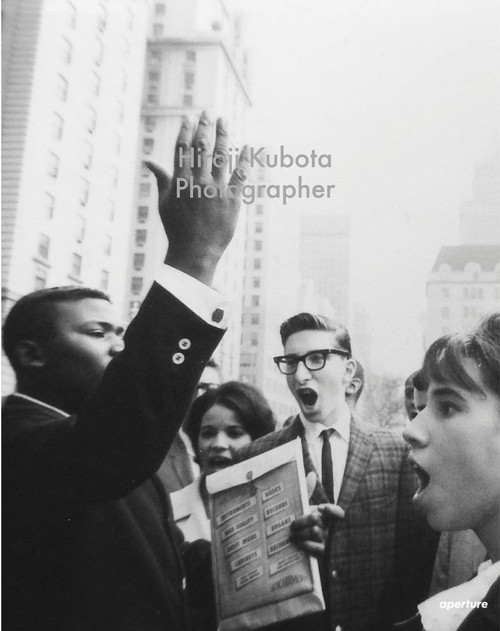Shigeko Kubota: Liquid Reality sheds new light on an under-recognized visionary artist whose work has been central to The Museum of Modern Art?s collection of time-based media art. A resurgence of interest in Kubota has been quietly brewing since her death in 2015; following several recent group exhibitions that included her work, this survey is the first to revisit her practice in a holistic way. In an important shift away from the narrative of the woman behind the great male artist (Kubota and Nam June Paik met in the late 1960s and married in 1977), this publication serves as a rich and illuminating introduction to Kubota's practice and places her on the map as a major artist in her own right.
Essays by curator Erika Papernik-Shimizu and scholar Gloria Sutton provide an in-depth look at Kubota?s key works, which deftly interweave prophetic contemplations of an increasingly interconnected "pan-cybernetic" world with ongoing personal examinations of her own life, including transcultural observations made as a Japanese woman artist living in New York, and of her encounters with death. This richly illustrated catalogue contextualizes the artist's ground-breaking video sculptures through sketches, archival material, and nature studies?many of which are reproduced for the first time?to bring into focus Kubota?s observations on what technology can teach us about our own humanity.
Essays by curator Erika Papernik-Shimizu and scholar Gloria Sutton provide an in-depth look at Kubota?s key works, which deftly interweave prophetic contemplations of an increasingly interconnected "pan-cybernetic" world with ongoing personal examinations of her own life, including transcultural observations made as a Japanese woman artist living in New York, and of her encounters with death. This richly illustrated catalogue contextualizes the artist's ground-breaking video sculptures through sketches, archival material, and nature studies?many of which are reproduced for the first time?to bring into focus Kubota?s observations on what technology can teach us about our own humanity.







